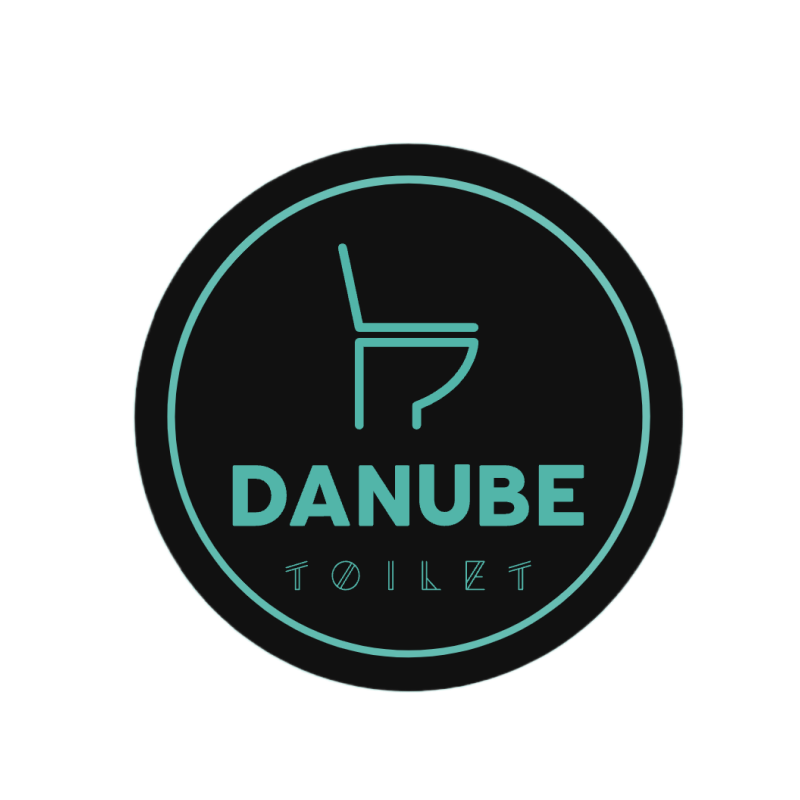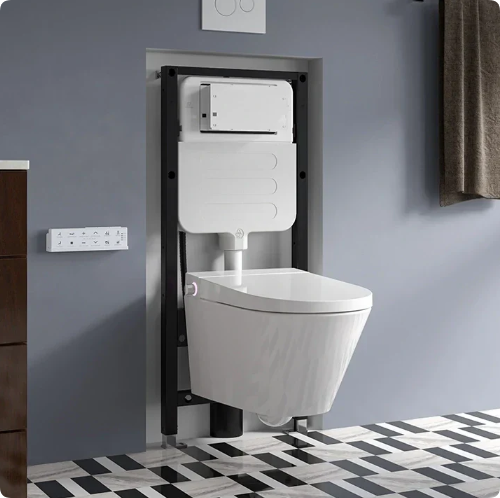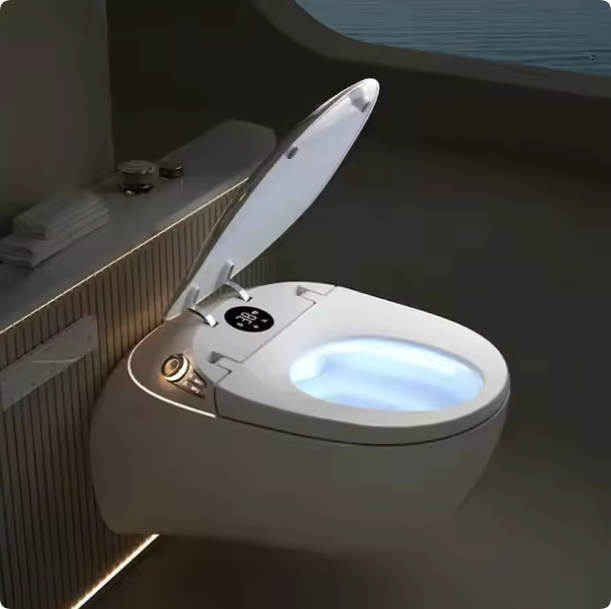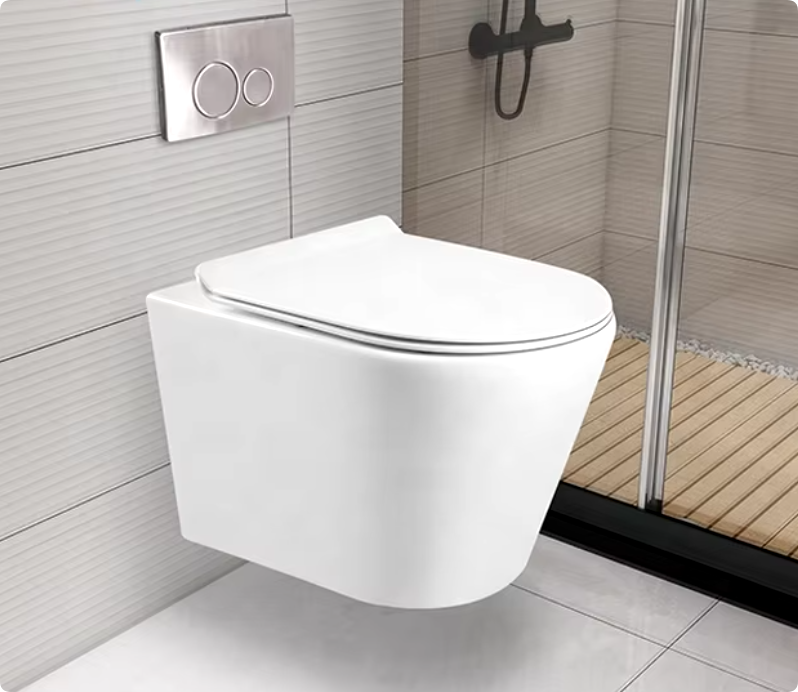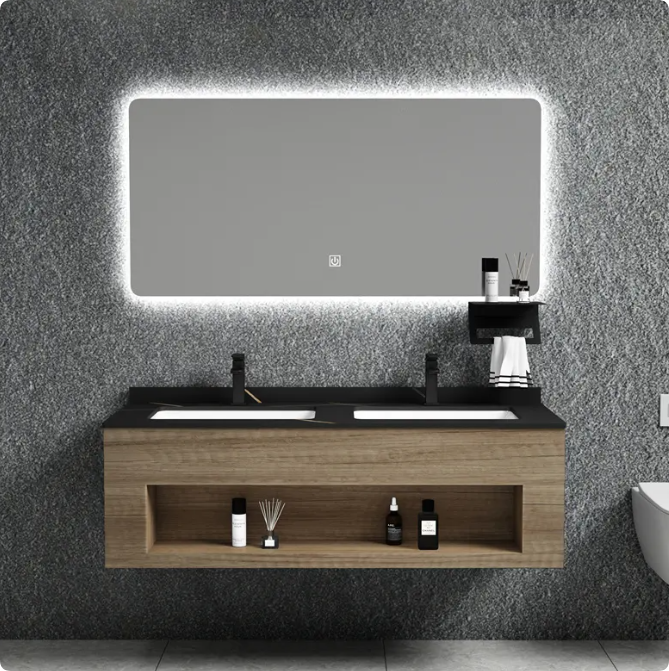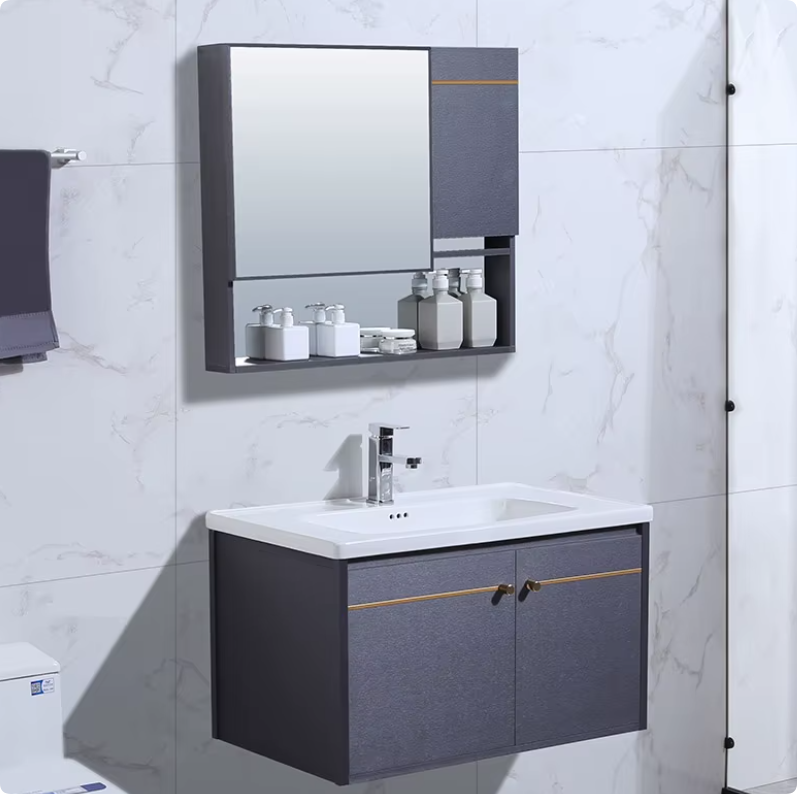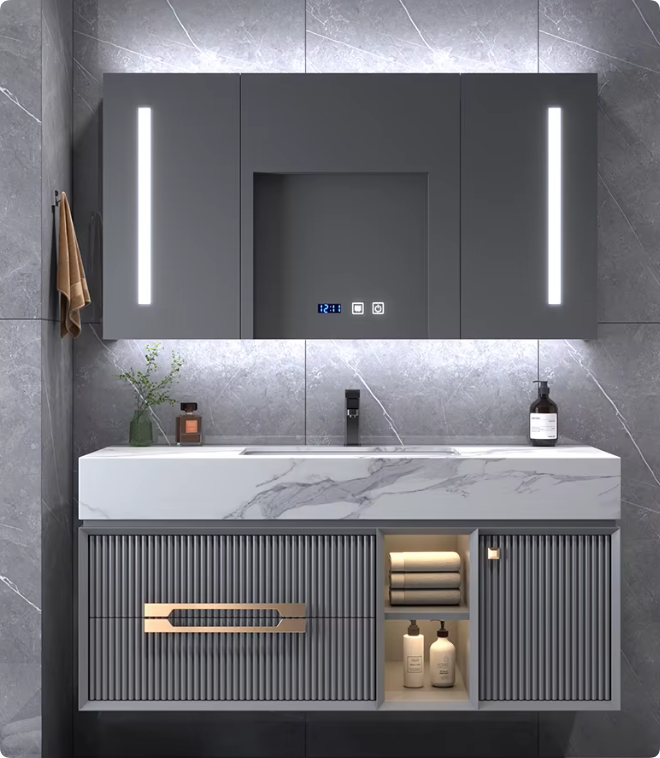In recent years, the bathroom industry in Middle Eastern countries has witnessed rapid transformation. Driven by a combination of cultural values, rising disposable income, urbanization, and the booming hotel and real estate industries, bathroom aesthetics and functionality are being redefined. From luxurious smart toilets in Dubai’s penthouses to eco-friendly ceramic toilets in Saudi Arabian villas, the bathroom is no longer a purely functional space — it’s becoming a reflection of taste, innovation, and regional identity.
In this blog, we’ll explore eight major trends in the Middle Eastern bathroom market, along with notable regional brands, a comparative insights table, and answers to FAQs. Whether you’re a global buyer, interior designer, or hotel project manager, understanding these trends can help you stay ahead in this evolving market.
1. Smart Toilets Are Entering the Mainstream
Although smart toilets used to be associated mainly with high-end luxury apartments, we’re now seeing a broader adoption across the UAE, Saudi Arabia, and Qatar. From temperature-controlled seats to automatic flushing and bidet functions, the appeal lies in hygiene, convenience, and status. With the rise of health-conscious consumers post-COVID, features like UV sterilization and deodorization are especially in demand.
2. The Rise of Minimalist, Wall-Hung Toilets
Wall-hung ceramic toilets have seen a surge in popularity, especially in urban developments across Riyadh and Doha. These units offer easier floor cleaning, a sleek look, and space-saving functionality — crucial in modern city apartments where every square meter counts.
3. Nature-Inspired Washbasins
Middle Eastern homeowners and hotel developers alike are opting for more natural, stone-look or matte ceramic washbasins. Earth tones, sandy beige, and soft textures echo desert-inspired interior palettes. This trend aligns with a broader move toward nature-inspired design in modern Gulf homes.
4. Smart Mirrors Enhance Functionality
Smart mirrors with LED lights, anti-fog technology, and built-in displays for time, temperature, and Bluetooth music are becoming the norm in upscale hotels and residential spaces. Not just decorative, they add a touch of sophistication while improving everyday routines.
5. Gold and Matte Black Finishes Are Trending
Aesthetic preferences in the region are shifting toward bold yet elegant tones. Gold accents — symbolic of luxury — and matte black finishes — representing modernity — are being used widely in bathroom cabinets and fixtures. These finishes complement marble tiles and high-contrast palettes often seen in premium residences.
6. Space-Saving Bathroom Cabinets
With urban living becoming denser, especially in new developments in cities like Jeddah and Abu Dhabi, space-saving designs are gaining ground. Wall-mounted bathroom cabinets, floating vanities, and mirrored storage units are in demand for their practicality and contemporary aesthetic.
7. Sustainability Is No Longer Optional
Water scarcity concerns and increased environmental awareness are prompting demand for eco-friendly solutions. Low-flow toilets, water-saving smart flush systems, and recyclable ceramic materials are becoming standard requirements for new hotel and residential projects.
8. Customized Products for High-End Projects
Customization is king in the Middle Eastern luxury sector. Developers are increasingly requesting OEM & ODM bathroom products tailored to their project’s branding, including engraved logos on ceramic toilets, personalized cabinet dimensions, or smart toilets with region-specific features.
Top 5 Bathroom Brands in the Middle East Worth Watching
Here are five notable bathroom brands in the region, each with unique product offerings:
1. Sanipex Group (UAE)
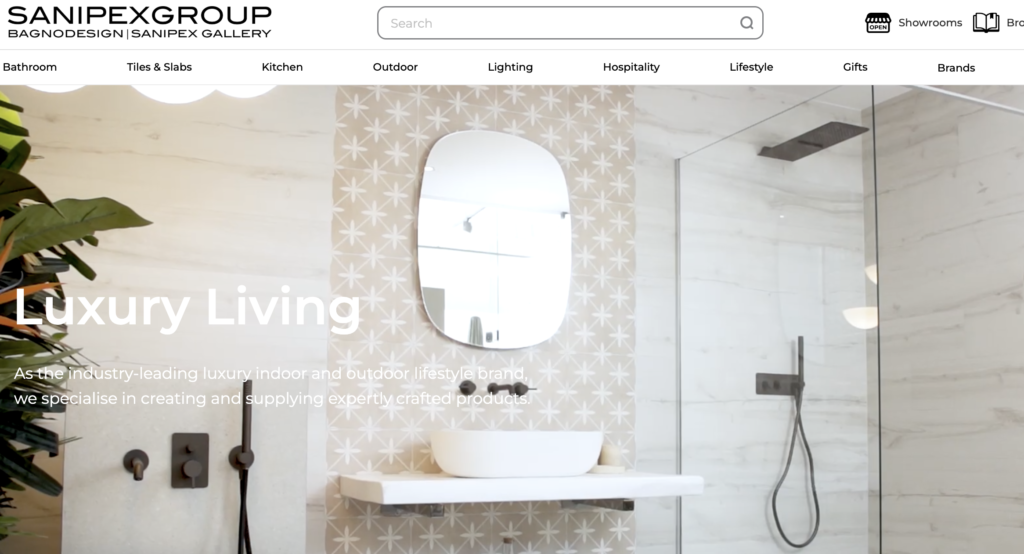
Known for its luxury bathroom fittings and designer collections, Sanipex integrates European craftsmanship with Middle Eastern design sensibilities. Their bathroom solutions are widely used in upscale hotels across Dubai.
2. Al Meera (Saudi Arabia)
A leading Saudi sanitary ware distributor, Al Meera focuses on affordability and variety. Their catalog includes ceramic toilets, washbasins, and bathroom cabinets suitable for both modern apartments and traditional homes.
3. RAK Ceramics (UAE)
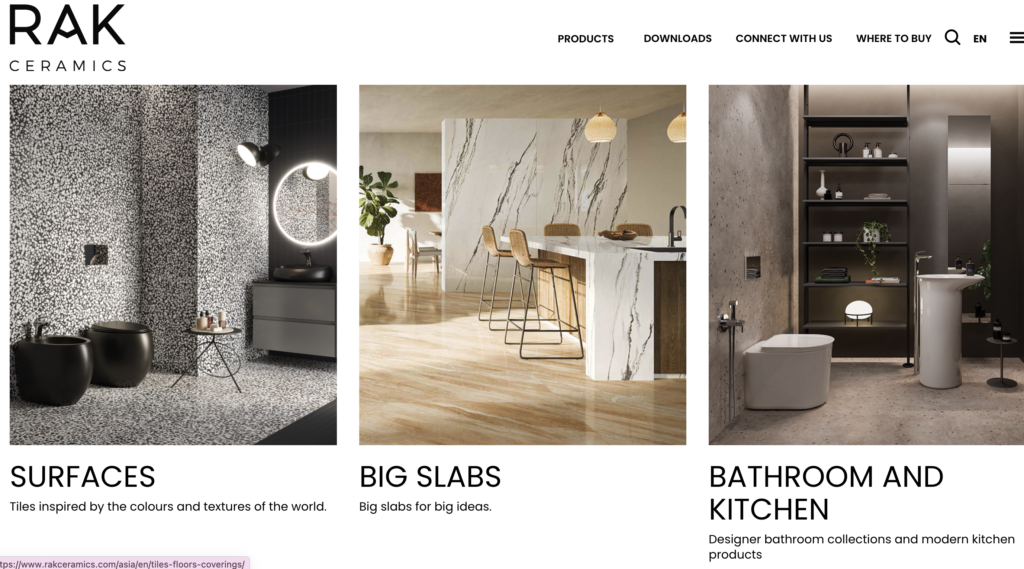
One of the largest ceramics manufacturers in the world, RAK Ceramics offers an extensive range of sanitary ware products. Their collections focus on both innovation and durability, ideal for large hotel chains and residential developments.
4. Zahabiya Ceramics (Kuwait)
Specializing in ceramic tiles and sanitary products, Zahabiya is known for blending Kuwaiti heritage with modern trends. Their bathroom products feature intricate details and are often tailored for luxury residential builds.
5. Al Shamsi (Oman)
Al Shamsi provides bathroom solutions with a strong emphasis on minimalist design and water efficiency. Their wall-mounted ceramic toilets and eco-smart flush systems are favored in newer green-certified buildings.
Bathroom Trends Comparison Table
| Trend | Popular Countries | Key Features | Target Segments |
|---|---|---|---|
| Smart Toilets | UAE, Saudi Arabia | UV sterilization, bidet, heated seats | Luxury hotels, urban homes |
| Wall-Hung Toilets | Qatar, Saudi Arabia | Space-saving, easy cleaning | Condos, modern villas |
| Nature-Inspired Washbasins | UAE, Oman | Earth-tone glazes, matte finishes | Eco-luxury resorts, homes |
| Smart Mirrors | UAE, Kuwait | Anti-fog, LED, Bluetooth | Hotels, executive apartments |
| Gold/Black Bathroom Cabinets | Saudi Arabia, Bahrain | Bold finishes, marble-compatible | Designer homes, show flats |
| Compact Bathroom Cabinets | Jeddah, Abu Dhabi | Floating, wall-mounted, mirrored units | Urban apartments |
| Eco-Friendly Toilets | Oman, Saudi Arabia | Low-flow, smart flush | Green buildings, hotels |
| Custom ODM/OEM Solutions | UAE, Qatar | Logo printing, bespoke sizing, smart tech | High-end developments |
FAQ – People Also Ask
Q1: Are smart toilets common in Middle Eastern homes?
Yes, especially in the UAE and Saudi Arabia. Demand is growing due to hygiene awareness and luxury preferences.
Q2: What materials are popular for Middle Eastern washbasins?
Matte ceramics and stone-inspired finishes are in style, often in beige, ivory, or gray tones.
Q3: Why are wall-hung toilets trending in the region?
They save space, offer easy cleaning, and complement minimalist design trends in city apartments.
Q4: Do hotels in the Middle East prefer custom bathroom solutions?
Yes, many hotel developers request OEM or ODM products with tailored functions, dimensions, and branding.
Q5: How important is sustainability in Middle Eastern bathroom projects?
Increasingly important. Water-saving systems and sustainable ceramic production are becoming key selection criteria.
Final Thoughts
As Middle Eastern countries continue investing in infrastructure, hospitality, and urban living, the demand for innovative and stylish bathroom solutions will only rise. For global buyers, architects, and hotel project managers, aligning your bathroom offerings with these regional trends is essential for market success.
As a China-based factory specializing in ceramic toilets, washbasins, bathroom cabinets, smart toilets, and smart mirrors, Danube offers OEM and ODM services tailored to global construction and hospitality buyers. Whether you’re sourcing for a luxury hotel or a modern apartment development, we’re here to help bring your bathroom vision to life.
